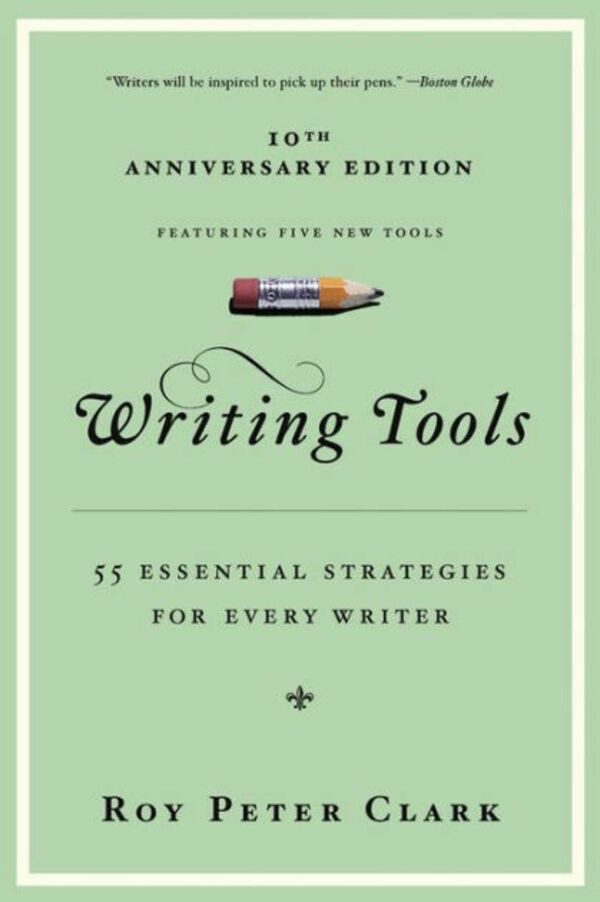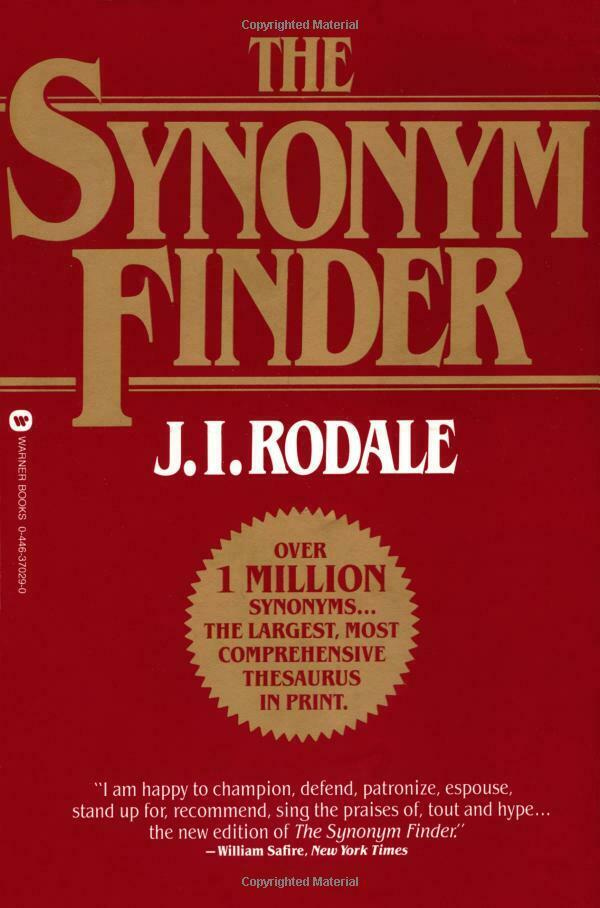Whole Earth Discipline
Solutions without ideology
Stewart Brand inspired Cool Tools. This blog is a continuation of the user-generated recommendation mechanism that Brand invented in the Whole Earth Catalog (which I worked on in its later years). Brand has spent his long career successfully changing people’s minds by offering them tools. The tool he offers here is simply the tool of “changing your mind.” How do you do it rationally, smartly, wisely? What kind of evidence do you need? What is more important, principles or pragmatism?
This book can be seen as a challenge to green theory and green dogma, but it directly challenges ideology itself. I think this is Brand’s best book yet. As you follow his arguments, you get a great education in following science and data rather than righteous assumptions. Instead, says Brand, assume much of what we think is true isn’t, and then go from there with a fresh look at the evidence. Being pragmatic about something as complex as a technological planet can lead you to unconventional ideas for dealing with planetary woes — even if they seem contrary to cherished beliefs. Some of the solutions — like nuclear power and genetically modified crops — will be dismissed as outright heresies among greens. But you get to watch a great mind change his mind. As Brand’s education continues he makes as good a case for these heresies as you’ll hear anywhere.
This book may change your own mind about things you thought you believed. What more can you ask of a book?
12/21/09Excerpt
When roles shift, ideologies have to shift, and ideologies hate to shift. The workaround is pragmatism -- a practical way of thinking concerned with results rather than with theories and principles. The shift is deeper than moving from one ideology to another; the shift is to discard ideology entirely.
*
Forty years ago, I started the Whole Earth Catalog with the words, "We are as gods, and might as well get good at it." Those were innocent times. New situation, new motto: "We are as gods and have to get good at it." The Whole Earth Catalog encouraged individual power; Whole Earth Discipline is more about aggregate power.
*
The three broad strategies for dealing with climate change are mitigation, adaptation, and amelioration. Mitigation, cutting back on greenhouse gas emissions, has been called avoiding the unmanageable. Adaptation, then, is managing the unavoidable -- moving coastal populations to higher ground, developing drought-tolerant agriculture, preparing for masses of climate refugees, and keeping resource warfare localized. And amelioration is adjusting the nature of the planet itself through large-scale geoengineering.
Civilization is at risk, but civilization is the problem. The key positive feedback in the current Earth system is us. Accelerating wealth (especially in developing countries these days), a still-growing human population, and accelerating industry are pouring overwhelming quantities of green-house gases into the atmosphere. As Australian biologist Tim Flannery puts it, "The metabolism of our economy is now on a collision course with the metabolism of our planet."
*
Once upon a time, I dreamed that economics would eventually swell up and include ecology, and we would no more be misled by notions of "externalities." Now I'm not so sure. I recall a friend leaning on me to admit that ecology and economics are the same thing. "No, damn it," I said. "Ecology is devoid of intention, and economics is made of little else." (I suspect that my friend was on to something, though, because economics enthusiasts and ecology enthusiasts share an affliction. Conservative think that the self-organizing properties of a market economy are a miracle that must not be messed with. Greens think that the self-organizing properties of ecologies are a miracle that must not be messed with.)
*
The emphasis of the vigilance principle is on liberty, the freedom to try things. The correction for emergent problems is in ceaseless, fine-grained monitoring, which largely can be automated these days via the Internet, by collecting data from distributed high-tech sensors and vigilant cellphone-armed volunteers. (Wikipedia, for example, is an orgy of vigilance: A cluster of diligent amateur watchers and correcters actively surveil each entry, with a response time of seconds.) Managing the precautionary process in this mode consists of identifying things to watch for as a new technology unfolds.
Whole Earth Discipline: An Ecopragmatist Manifesto Stewart Brand 2009, 336 pages $18









